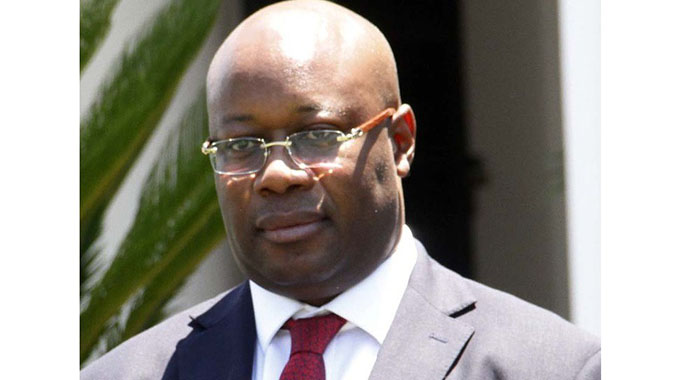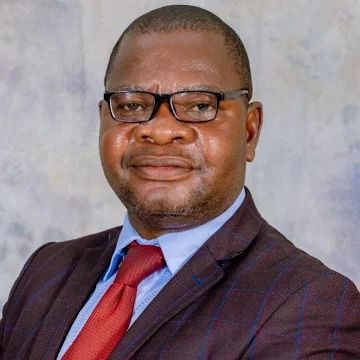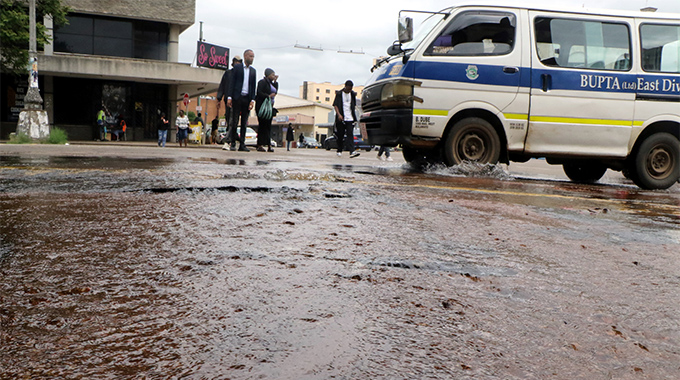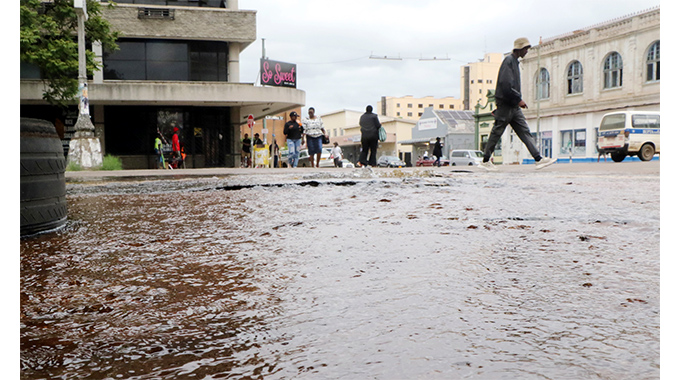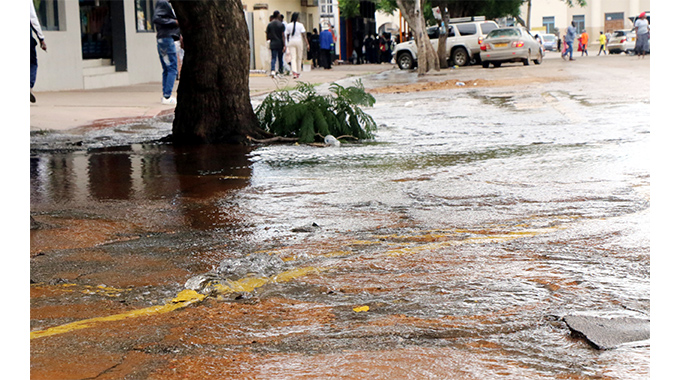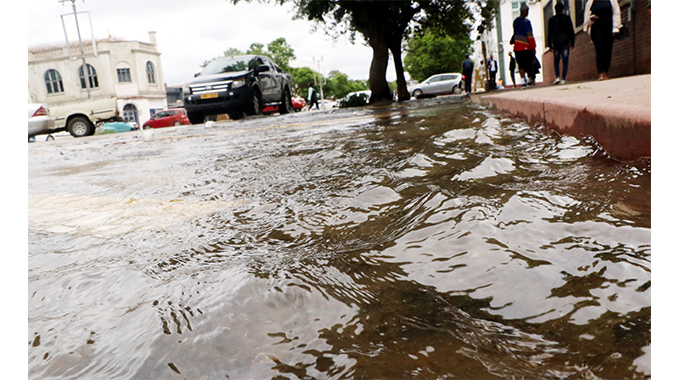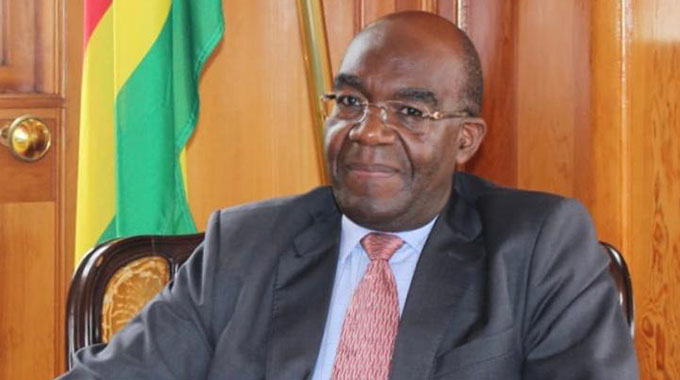
Debra Matabvu
THE e-passport centre in Johannesburg is now complete and will start offering services to Zimbabweans in South Africa next month, as the Government continues to push through its plan to make civic documents readily available and easy to access.
An e-passport centre will also be opened in Gokwe South in the next few weeks as part of decentralising the services countrywide. Further, five passport offices abroad, including in the United Kingdom and the United States, will begin offering the same services to the Diaspora this year.
Zimbabwe’s Ambassador to South Africa, Mr David Hamadziripi, told The Sunday Mail that the Johannesburg centre is now training staff before commencing services.
“The e-passport processing centre in Johannesburg is complete and ready to operate. What remains is the training of our staff, which we are currently working on,” he said.
“Once our staff is trained, we will be in a position to deliver this much-awaited and anticipated service. We will announce at the appropriate time.”
Added Amb Hamadziripi: “The centre has the technical capacity to process 18 passports at one go.
“Expected turnaround time with one client is expected to be less than 10 minutes. We are capable of clearing at least 360 people in a day.”
In an interview last week, Registrar-General Mr Henry Machiri said final touches are being made at the centre in Johannesburg.
“We are working on the final stages of the centre,” he said.
“We do not have a date as yet. However, the month of April might not be convenient for launching the centre, but as soon as we get the dates, you will be advised. Locally, we are still going ahead with decentralisation of e-passports in Zimbabwe and we are now working on setting up another centre in Gokwe South.”
In a statement last week, the Zimbabwe consulate in Johannesburg said preparations for the launch were at an advanced stage.
“The consulate wishes to inform Zimbabwean nationals in South Africa that it has not yet rolled out the e-passport system. It, however, confirms that preparations for the launch of the passport centre and e-passport processing system in Johannesburg are at an advanced stage and the programme will be rolled out soon,” the statement said in part.
“The consulate is in the process of finalising logistical arrangements in preparation for the official launch of the programme.”
Presenting the 2024 National Budget, Finance, Economic Development and Investment Promotion Minister Professor Mthuli Ncube said funds had been set aside to upgrade the country’s embassies across the world.
“Government will continue to upgrade and construct the country’s chanceries and embassies in key areas that promote engagement and re-engagement. Efforts will also be made to collaborate with the private sector through private-public partnerships in this programme,” he said.
At least 14 passport offices have been set up countrywide, with more than 100 000 travelling documents having been issued since the introduction of e-passports in January 2022.
E- passports are now being processed at the Harare passport registry and provincial and district offices in Bulawayo, Gwanda, Gweru, Lupane, Marondera, Beitbridge, Chitungwiza, Hwange, Mazowe, Murewa, Zvishavane, Chinhoyi and Guruve.
The post Johannesburg passport office complete, to open soon appeared first on Zimbabwe Situation.
